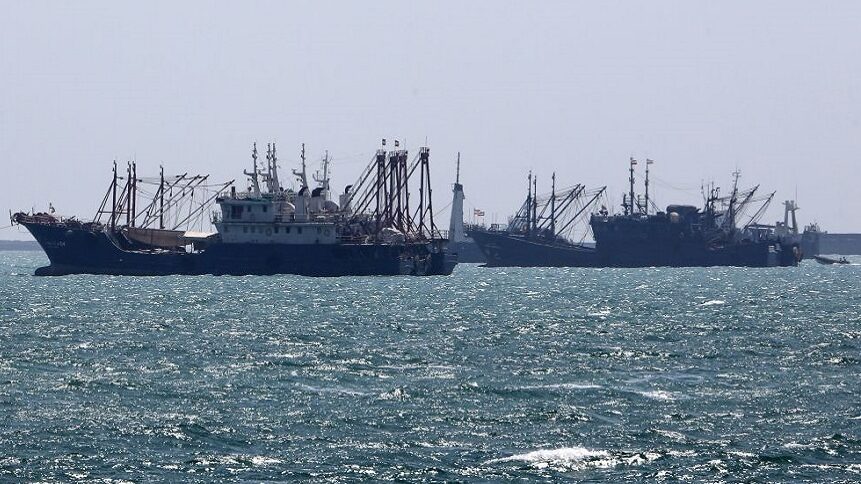Experts Warn Iran Blockade of Hormuz Could Trigger Global Military Response
As tensions between Israel and Iran escalate, global attention is shifting to the Strait of Hormuz—a narrow maritime chokepoint responsible for 20% of the world’s oil flow. In this article for The Media Line, reporter Giorgia Valente investigates the real risks behind recent Iranian threats to disrupt this vital passage and what a blockade could mean for the global economy and regional security.
Experts interviewed for the article warn that while Iran may not be able to fully close the strait, it can make passage extremely dangerous through mines, sea-to-sea missiles, or armed naval operations. Claude Moniquet, a former French intelligence officer, and Meir Litvak, an Israeli expert on Iran based in the US, both say that any disruption would likely trigger swift US and European military intervention, along with Arab states whose oil exports rely on the corridor.
Give the gift of hope
We practice what we preach:
accurate, fearless journalism. But we can't do it alone.
- On the ground in Gaza, Syria, Israel, Egypt, Pakistan, and more
- Our program trained more than 100 journalists
- Calling out fake news and reporting real facts
- On the ground in Gaza, Syria, Israel, Egypt, Pakistan, and more
- Our program trained more than 100 journalists
- Calling out fake news and reporting real facts
Join us.
Support The Media Line. Save democracy.


Litvak calls such a move by Iran “suicidal” and says it would be considered an act of war. Yet Moniquet notes that if Iran’s regime feels collapse is imminent, it might risk such a last-ditch move.
Valente’s reporting lays out how Iran’s options are narrowing, internal pressure is mounting, and negotiations with the US remain on the table—even if not on President Donald Trump’s terms. At the same time, Israel’s military campaign may have deeper objectives than simply halting Iran’s nuclear program.
With Hormuz still open but the threat real, Valente’s article explores the potential consequences of a strategic escalation. Read her full report to understand the stakes of this high-risk game in one of the world’s most volatile regions.

